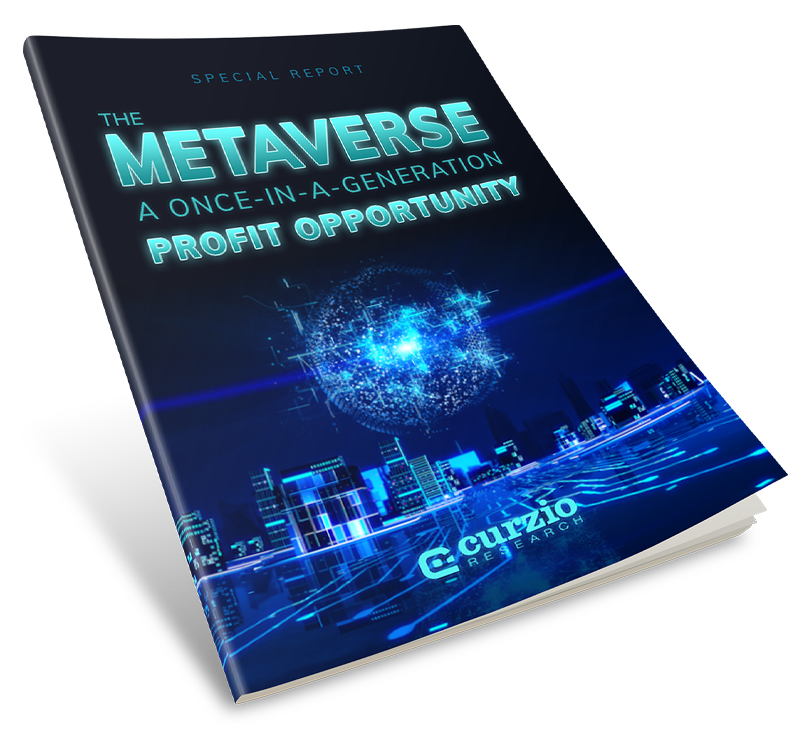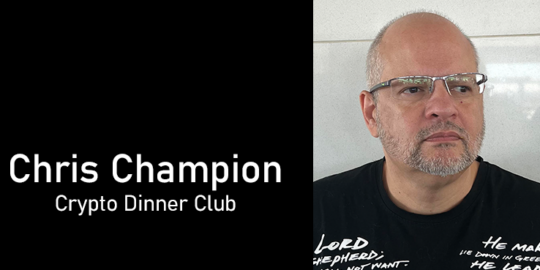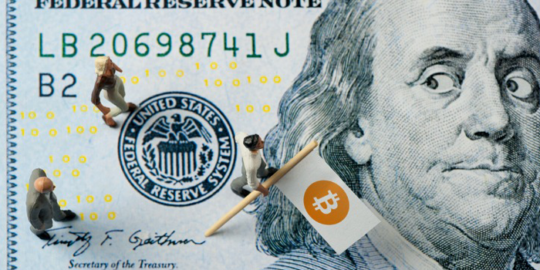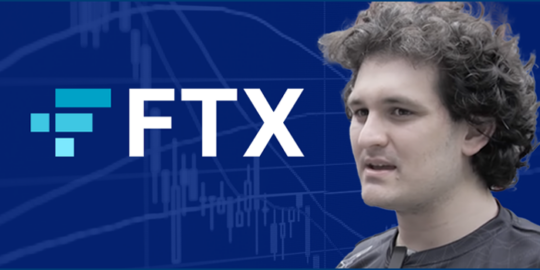Here at the Token Tracker, we regularly point out how companies are using blockchain technology and digital securities to breakthrough financial barriers and expand businesses, while also creating new investment opportunities for individual investors…
But whether it’s milestones like an NBA star or even a tech-forward company like Jack Dorsey’s Square (SQ), a lack of regulatory clarity and crypto skepticism often keeps many would-be investors on the sidelines. And to a point, it makes sense…
Digital securities are still in the early stages of mainstream use and acceptance. While S&P 500 investors can rely on established regulations and ratings agencies when planning their investments, digital securities generally aren’t as transparent or protected.
Fortunately, we’re seeing even more signs that this is starting to shift…
Just weeks ago, FAT Brands (FAT)—the company behind Fatburger, Ponderosa Steakhouse, and more—completed a $40 million debt offering via tokenized securities… a digital security first.
The debt is backed by franchise fees and royalties through the FAT Brands businesses. And investors will receive quarterly payments (think dividends) much like a typical bond or stock…
The big difference is the holding and trading of these securities is done over the Ethereum network, allowing FAT brands to avoid the fees and banking delays that come with traditional lending and borrowing.
This first-ever debt offering is exciting news for the sector… When the offering pays to completion (the repayment timeline of this offering means it should outlive the shorter-term COVID-19 pandemic and market volatility), it’ll be a proof-of-concept example that digital securities are a viable alternative to traditional debt offerings. But the story doesn’t stop there…
DBRS Morningstar—a global ratings agency founded in 1976—rated FAT’s debt offering… a first for blockchain-based securities. And it specifically cited the offering’s “shorter forecast performance period and higher visibility into the viability of brands” in determining its rating.
So, not only was FAT’s tokenized debt offering the first of its kind… it’s also the very first blockchain-based security to be rated by Morningstar… two milestones that will become tailwinds for the sector, especially when companies need quick cash in a crisis—just like today.
The firm behind FAT’s offering said it’s on track to raise $500 million in total digital security debt offerings by year’s end… and it’s unlikely Morningstar will be the only ratings company willing to weigh-in as these offerings increase.
Although many investors are still skeptical of blockchain and cryptos, tokenized debt offerings are positioned to become a “new normal” going forward. And when agencies like Morningstar review, rate, and affirm digital security offerings as viable investments, it’s only a matter of time before other agencies and investors follow.
Daniel Creech is a Curzio Research analyst with over a
decade of experience. He writes on macro trends, large- and small-cap stocks, and
digital securities. He’s a regular contributor to Token Tracker, Curzio Research Advisory, and The Dollar Stock Club.
Daniel Creech is a Curzio Research analyst with over a
decade of experience. He writes on macro trends, large- and small-cap stocks, and
digital securities. He’s a regular contributor to Token Tracker, Curzio Research Advisory, and The Dollar Stock Club.











Here at the Token Tracker, we regularly point out how companies are using blockchain technology and digital securities to breakthrough financial barriers and expand businesses, while also creating new investment opportunities for individual investors…
But whether it’s milestones like an NBA star or even a tech-forward company like Jack Dorsey’s Square (SQ), a lack of regulatory clarity and crypto skepticism often keeps many would-be investors on the sidelines. And to a point, it makes sense…
Digital securities are still in the early stages of mainstream use and acceptance. While S&P 500 investors can rely on established regulations and ratings agencies when planning their investments, digital securities generally aren’t as transparent or protected.
Fortunately, we’re seeing even more signs that this is starting to shift…
Just weeks ago, FAT Brands (FAT)—the company behind Fatburger, Ponderosa Steakhouse, and more—completed a $40 million debt offering via tokenized securities… a digital security first.
The debt is backed by franchise fees and royalties through the FAT Brands businesses. And investors will receive quarterly payments (think dividends) much like a typical bond or stock…
The big difference is the holding and trading of these securities is done over the Ethereum network, allowing FAT brands to avoid the fees and banking delays that come with traditional lending and borrowing.
This first-ever debt offering is exciting news for the sector… When the offering pays to completion (the repayment timeline of this offering means it should outlive the shorter-term COVID-19 pandemic and market volatility), it’ll be a proof-of-concept example that digital securities are a viable alternative to traditional debt offerings. But the story doesn’t stop there…
DBRS Morningstar—a global ratings agency founded in 1976—rated FAT’s debt offering… a first for blockchain-based securities. And it specifically cited the offering’s “shorter forecast performance period and higher visibility into the viability of brands” in determining its rating.
So, not only was FAT’s tokenized debt offering the first of its kind… it’s also the very first blockchain-based security to be rated by Morningstar… two milestones that will become tailwinds for the sector, especially when companies need quick cash in a crisis—just like today.
The firm behind FAT’s offering said it’s on track to raise $500 million in total digital security debt offerings by year’s end… and it’s unlikely Morningstar will be the only ratings company willing to weigh-in as these offerings increase.
Although many investors are still skeptical of blockchain and cryptos, tokenized debt offerings are positioned to become a “new normal” going forward. And when agencies like Morningstar review, rate, and affirm digital security offerings as viable investments, it’s only a matter of time before other agencies and investors follow.